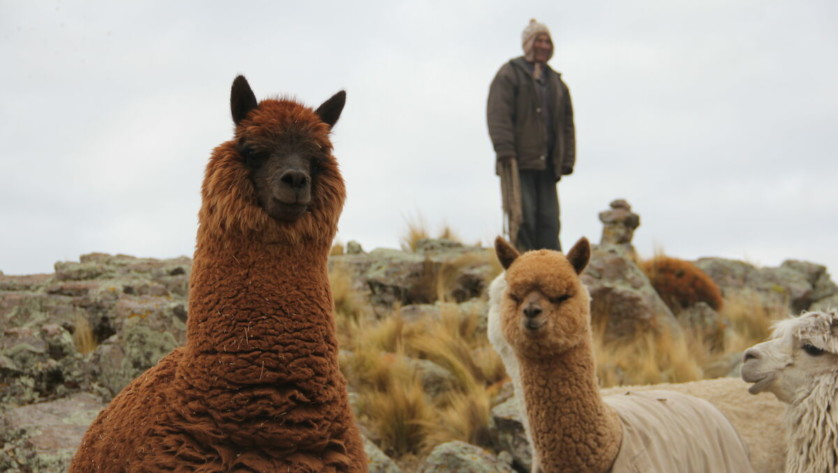Setting up a business is very challenging during normal times. Making it successful takes persistence, passion, hard work and a strong will. Now, imagine what it takes to make a successful business during a global pandemic?
Shimul Datta, a 38-years old father of two, was looking for options to rise above the hardships posed by the pandemic when he learned about a cash grant programme run by the Bangladesh Red Crescent Society (BDRCS).
To help hundreds of families who were struggling to make ends meet in Batrish, a small community from Kirshoreganj District, which is about 186 km Northwest of the capital Dhaka, BDRCS implemented a cash programme to support vulnerable households.
With the cash he received, Shimul Datta set up a food stand in the local market to sell fresh and delicious betel leaves, a popular native plant from Southeast Asia that is a cousin of the black pepper plant. Every day, he greets more than fifty people, many returning customers that have made his stand a popular spot among the locals. The extra income from the stand has given him a new way to provide for his wife, children and mother.
 Red Cross Red Crescent magazine
Red Cross Red Crescent magazine 
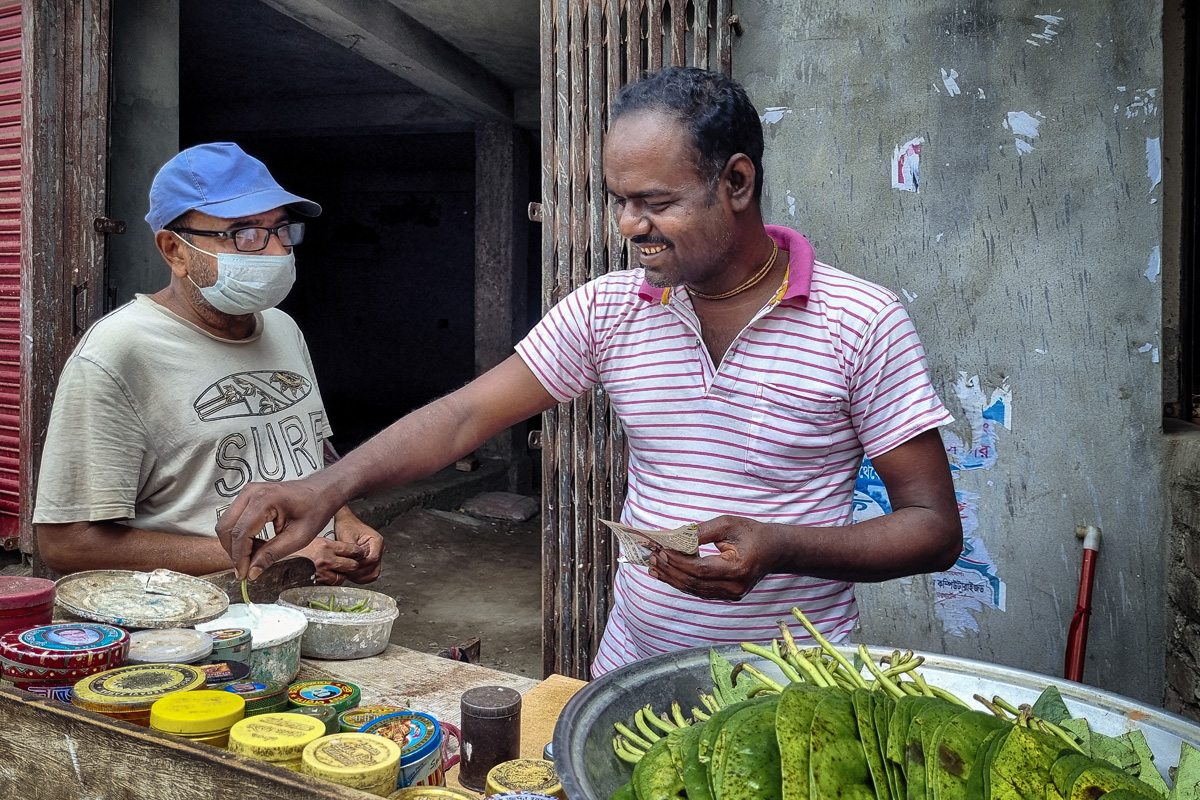
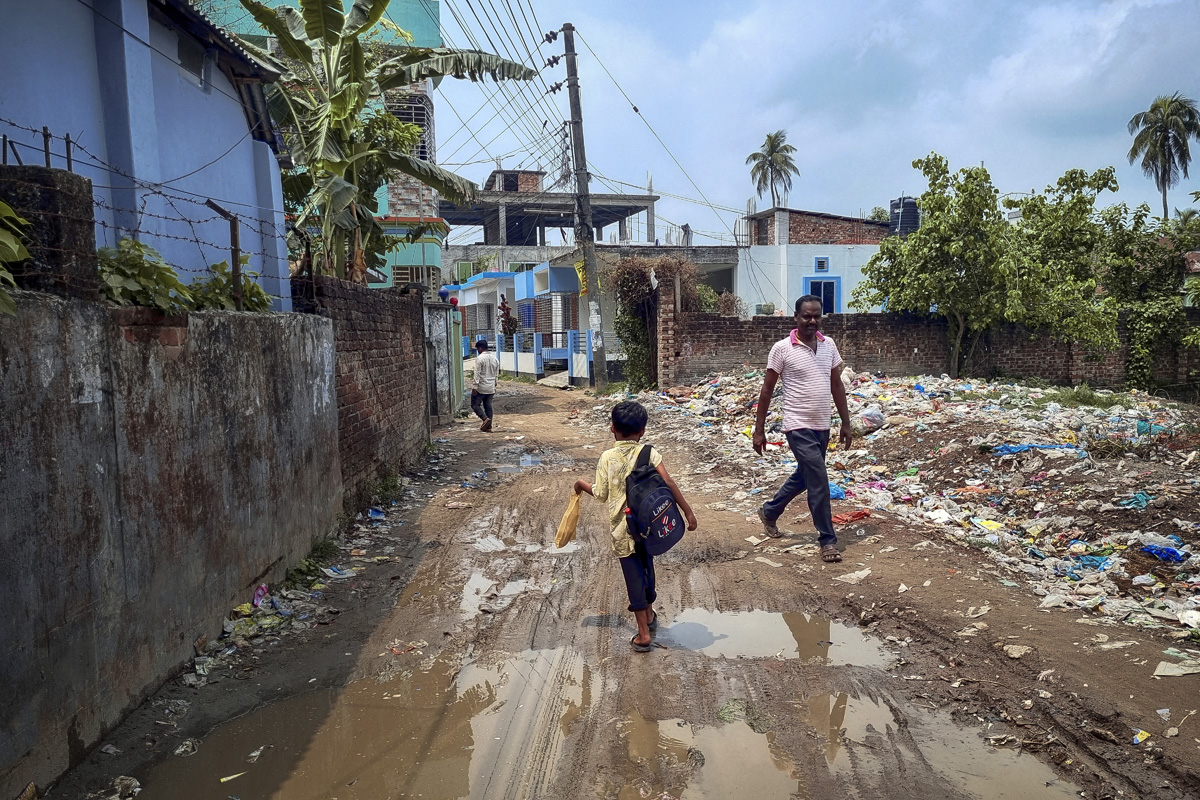
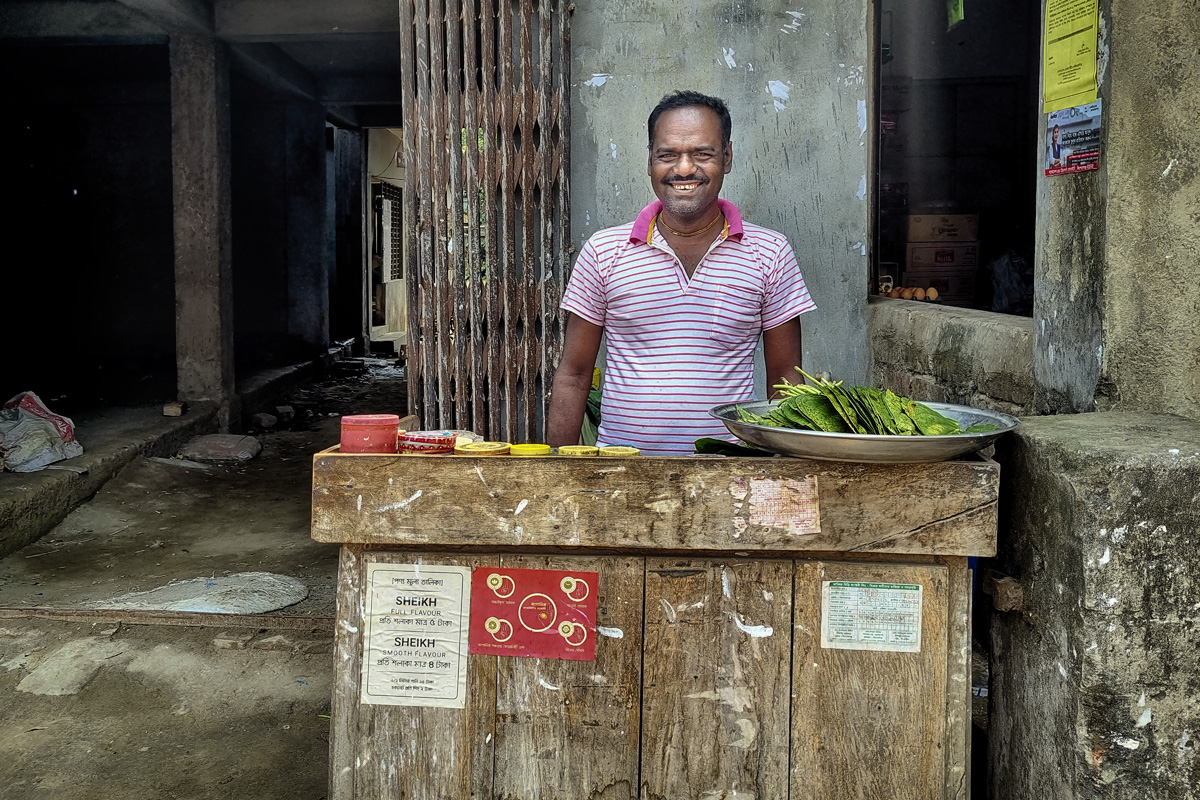
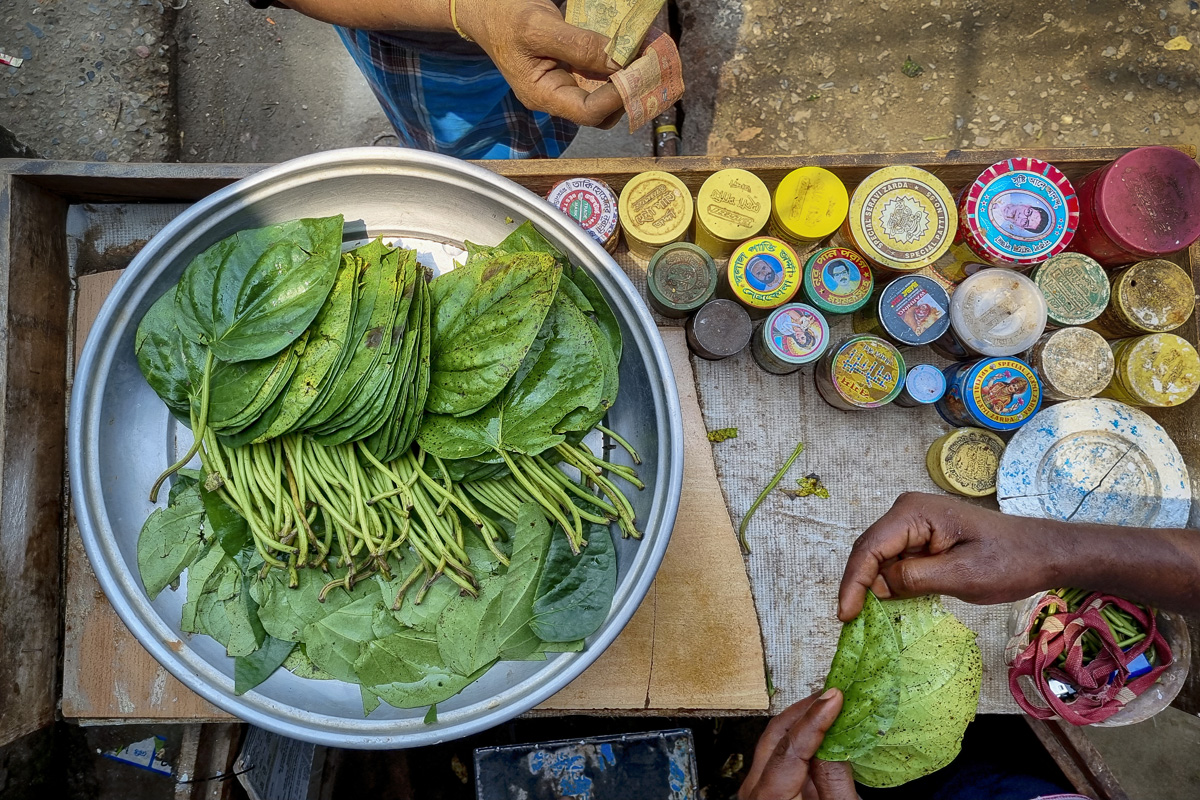
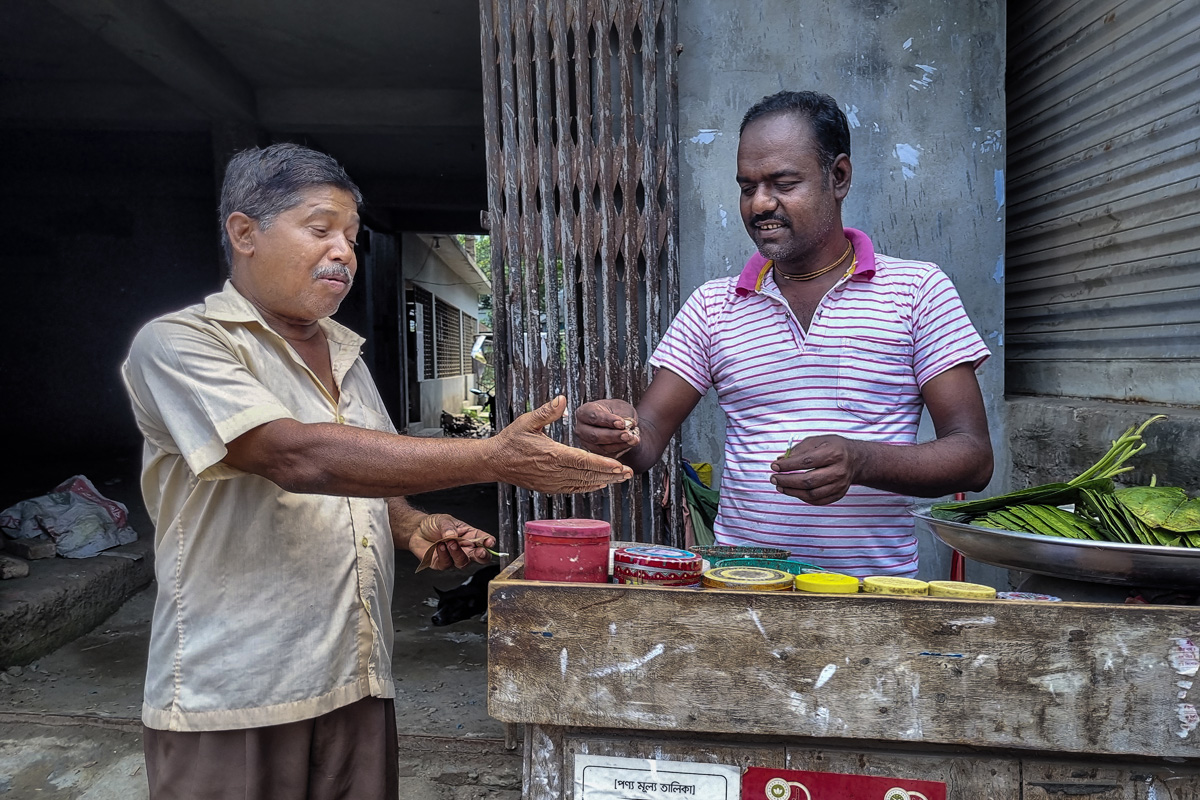

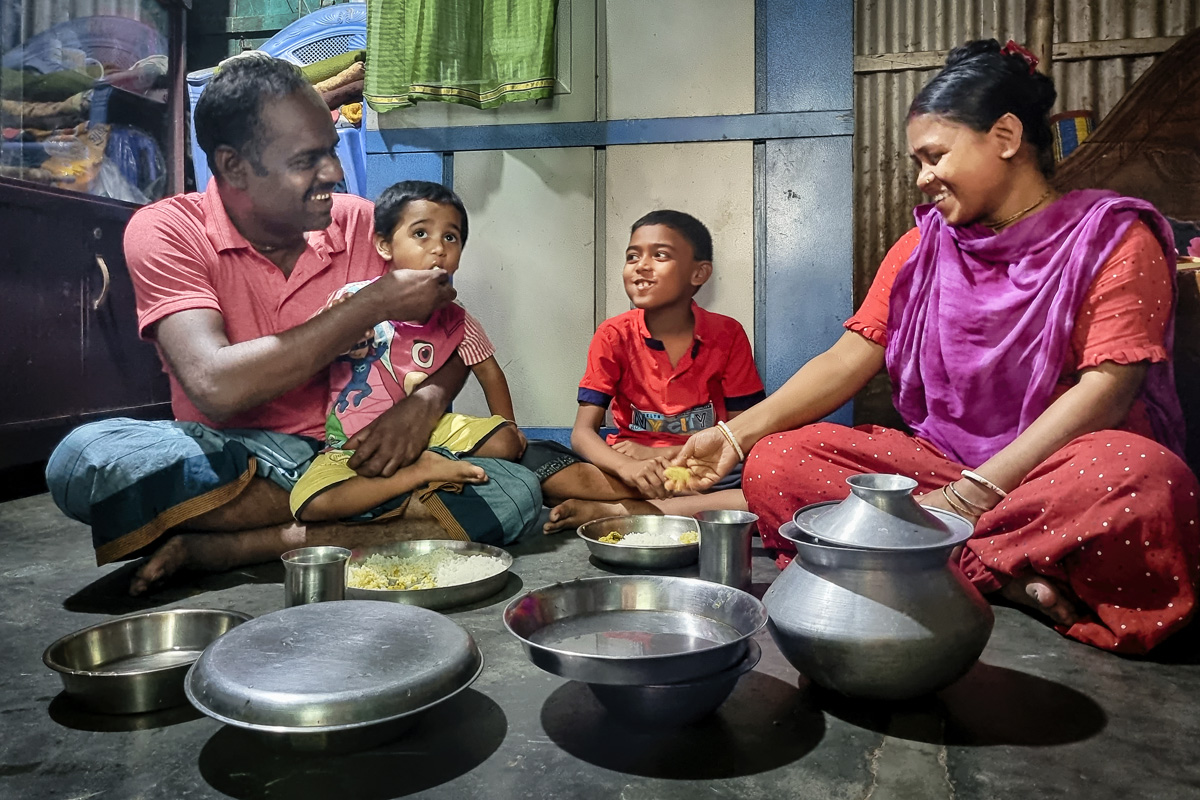
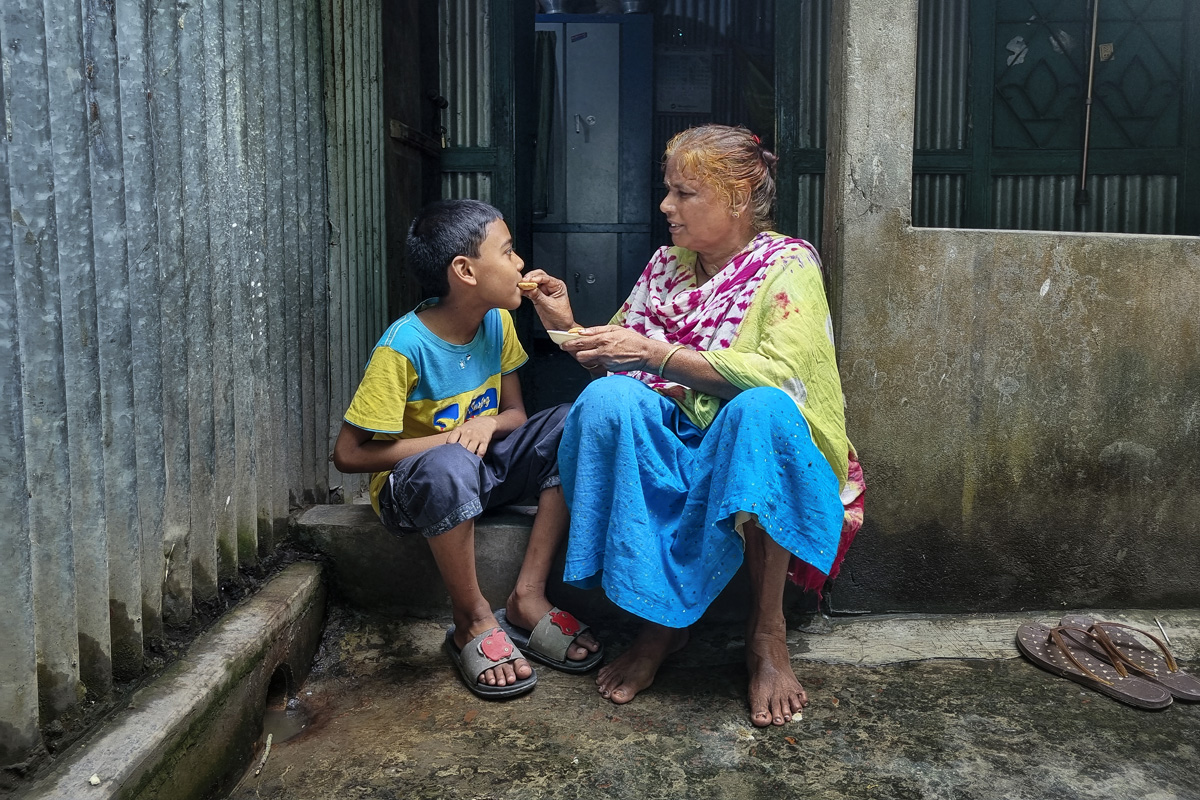
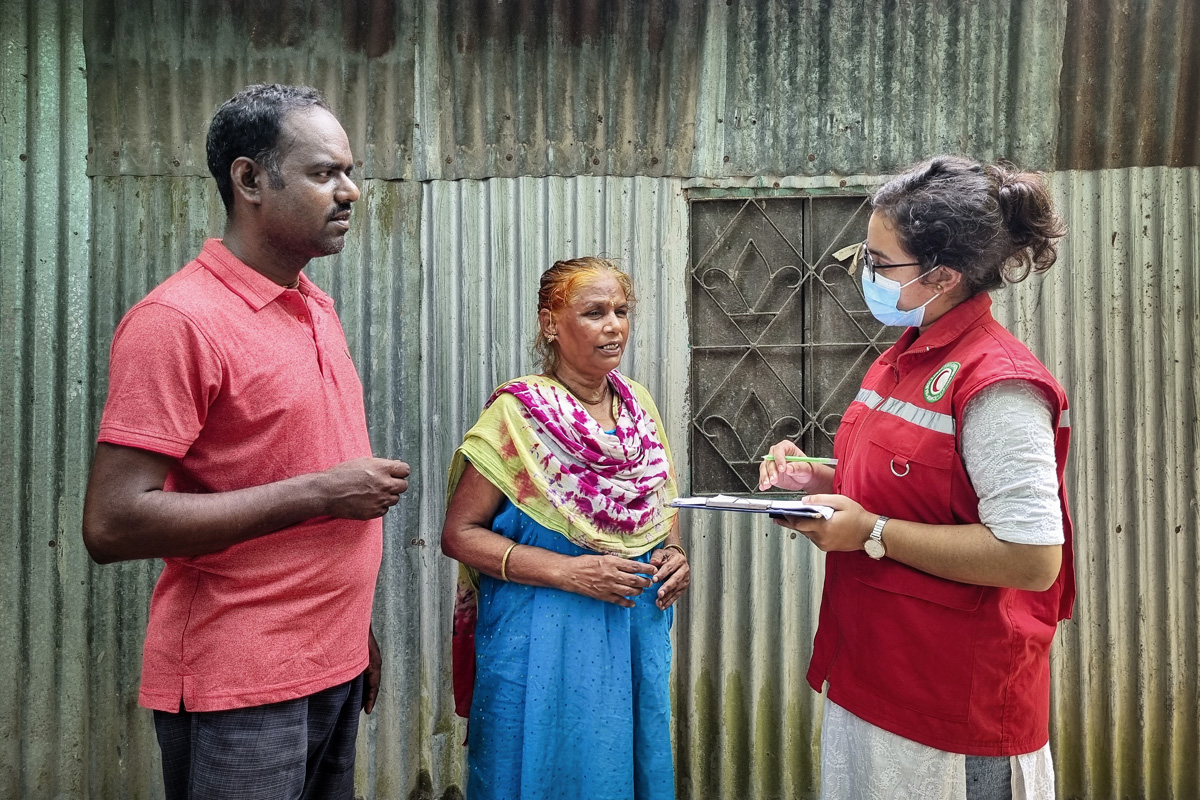
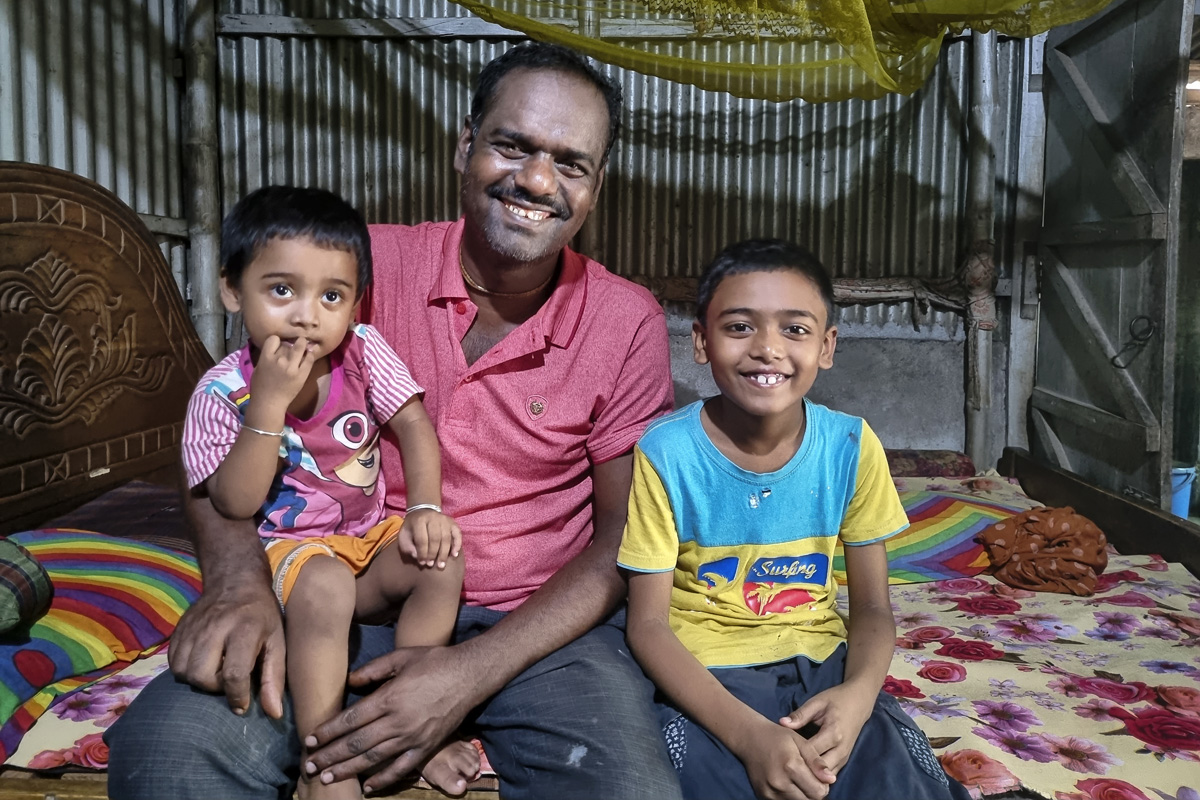
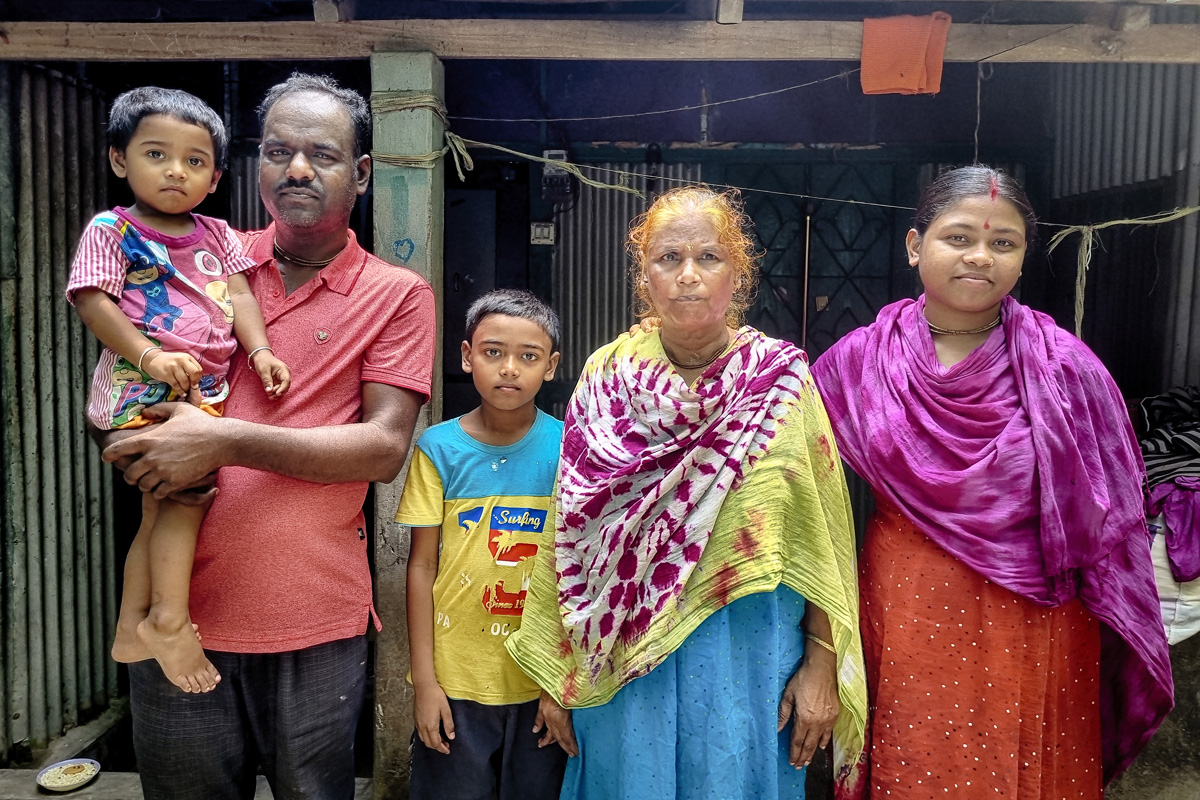
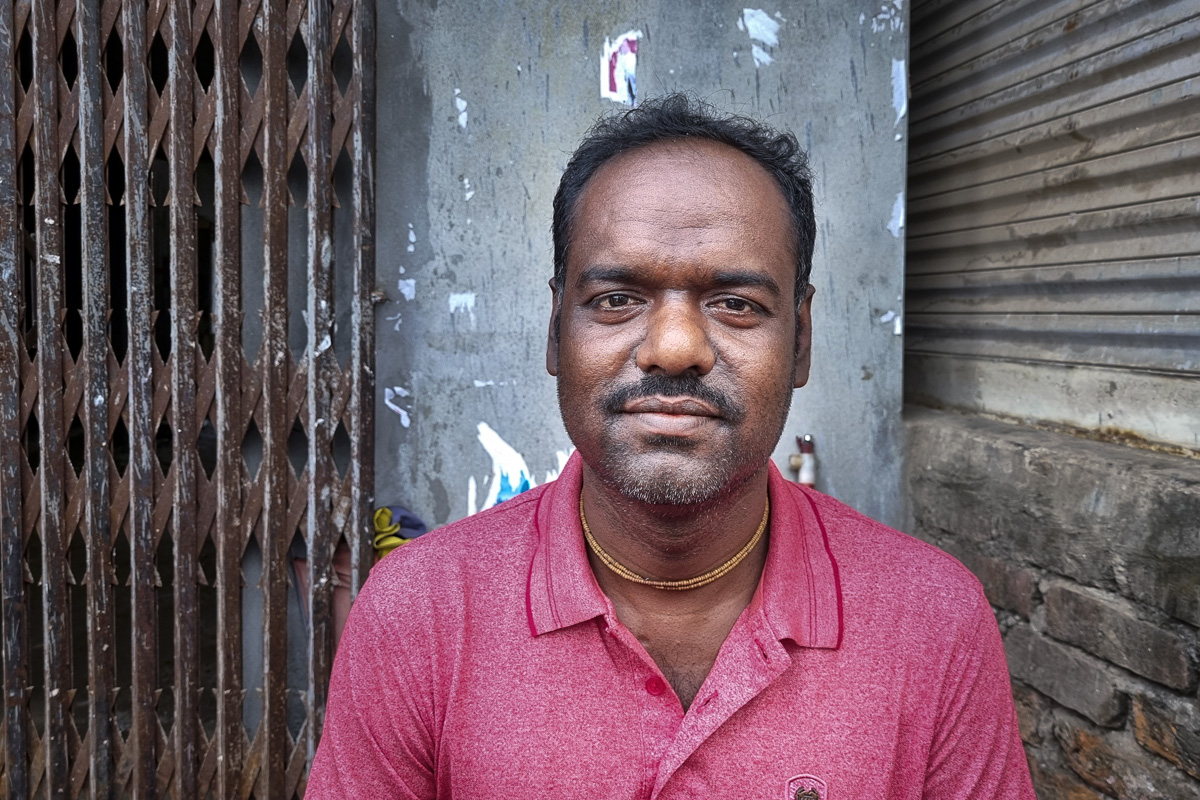







 Tech & Innovation
Tech & Innovation Climate Change
Climate Change Volunteers
Volunteers Migration
Migration